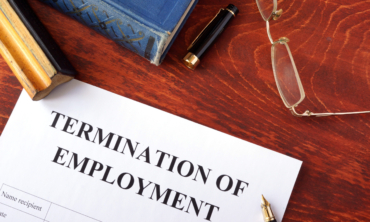
Safeguarding Children Practice Level 3
£10.00
- Understand the legal definition and status of ‘the child’
- Understand the concepts of ‘child vulnerability’, ‘child protection’ and ‘significant harm’ in order to recognise the signs of vulnerability and gain an appreciation of child protection issues
- Define abuse and bullying and be aware of the signs and symptoms that indicate the four main forms of abuse
- Explore the current legislation, guidance and policies that exist to protect children’s safety and well-being in a range of environments
- Identify both organisational and personal roles and responsibilities in relation to child protection procedures, including disclosure, recording and referral
There are many children and young people in society who are in danger and at risk of harm from others due to their inability to protect themselves.
Children interact with adults in a wide range of settings and organisations. There are millions of children who live, work and play in environments where adults provide and facilitate education, leisure, support and care. The term environment includes a wide range of familiar institutions such as schools, colleges, hospitals, care homes, youth organisations and, of content, the family home.
A wide range of agencies deliver education, care and leisure services to children and there is a legal requirement on all such agencies to protect the children under their responsibility
It is intended that the effects of harm and abuse can be minimised by raising awareness through programmes of study such as this. Child abuse is illegal and is thought to be more widespread than previously acknowledged. It is important to note that whether the abuse is deliberate or not, the abused are affected in the same way.
Learning Outcomes:
After studying this course and successfully completing the assessment you will be able to:





Reviews
There are no reviews yet.